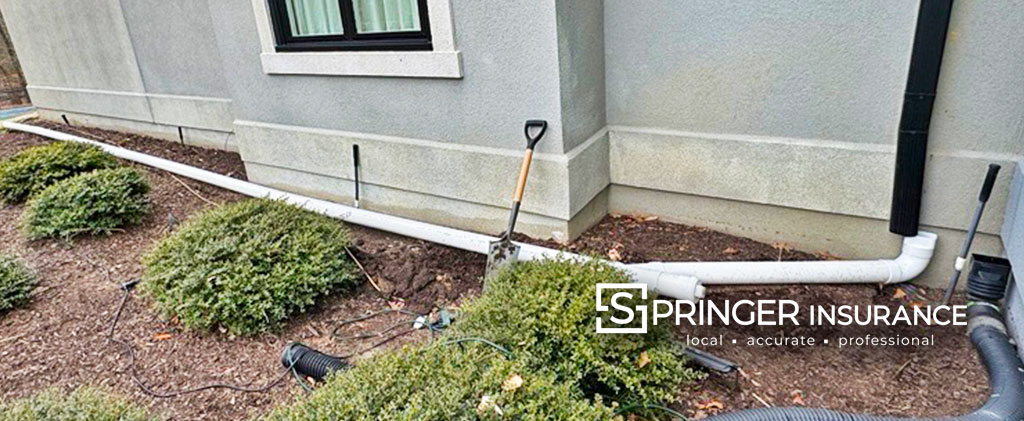 and Medicare - Job-based insurance and Medicare Part 1 .jpg)
Health Savings Accounts (HSAs) are accounts for individuals with high-deductible health plans (HDHPs). Funds contributed to an HSA are not taxed when put into the HSA or when taken out , as long as they are used to pay for qualified medical expenses. Your employer may oversee your HSA, or you may have an individual HSA that is overseen by a bank, credit union, or insurance company.
If you have an HSA and will soon be eligible for MEDICARE, it is important to understand how enrolling in Medicare will affect your HSA.
HIGH-DEDUCTIBLE HEALTH PLANS
In order to qualify to put money into an HSA, your must be enrolled in a high-deductible health plan. HDHPs have large deductibles that members must meet before receiving coverage. This means HDHP members pay in full for most health care services until they reach their deductible for the year. Afterwards, the HDHP covers all the member's costs for the reminder of the year.
ENROLLING IN MEDICARE WEN YOU HAVE AN HSA
If you enroll in Medicare PART A and/or b, you can no longer contribute pre-tax dollars to your HSA. This is because to contribute pre-tax dollars to an HSA you cannot have any health insurance other than an HDHP. The month your Medicare begins, your account overseer should change your contribution to your HSA to zero dollars per month. However, you may continue to withdraw money from your HSA to zero dollars per month. However, you may continue to withdraw money from your HSA after you enroll in Medicare to help pay for medical expenses, such as deductibles, premiums, copayments, and coinsurances. If you use the account for qualified medical expenses, its funds will continue to be tax-free.
Whether you should delay enrollment in Medicare so you can continue contributing to your HSA depends on your circumstances. If you work for an employer with FEWER THAN 20 EMPLOYEES, you may need Medicare in order to have PRIMARY insurance, even though you will lose the tax advantages of your HSA. This is because health coverage from employers with fewer than 20 employees pays secondary to Medicare. If you work at this kind of employer and fail to enroll in Medicare, you may have little or no health coverage because your health plan does not have to pay until after Medicare pays. Health coverage from an employer with 20 or more employees pays primary to Medicare, so you may choose to delay Medicare enrollment if you work at this kind of employer and continue putting funds into your HSA.
NOTE: In either case, you have access to the Part B Special Enrollment Period (SEP) when you lose coverage or retire.
If you choose to delay Medicare enrollment because you are still working and want to continue contributing to your HSA, you must also wait to collect Social Security retirement benefits. This is because most individuals who are collecting Social Security benefits when they become eligible for Medicare are automatically enrolled in Medicare part A. You cannot decline Part A while collecting Social Security benefits. The takeaway here is that your should delay Social Security benefits and decline part A if you wish to continue contributing funds to your HSA.
Finally, if you decide to delay enrolling in Medicare, make sure to stop contributing to your HSA at least six months before you do plan to enroll in Medicare. This is because when you enroll in Medicare Part A, you receive up to six months of retroactive coverage, not going back farther than your initial month of eligibility. If you do not stop HSA contributions at least six months before Medicare enrollment, you may incur a tax penalty.
If you require counseling around HSAs, consult a tax professional.
Please visit the original Blog Post from Medicare Interactive













